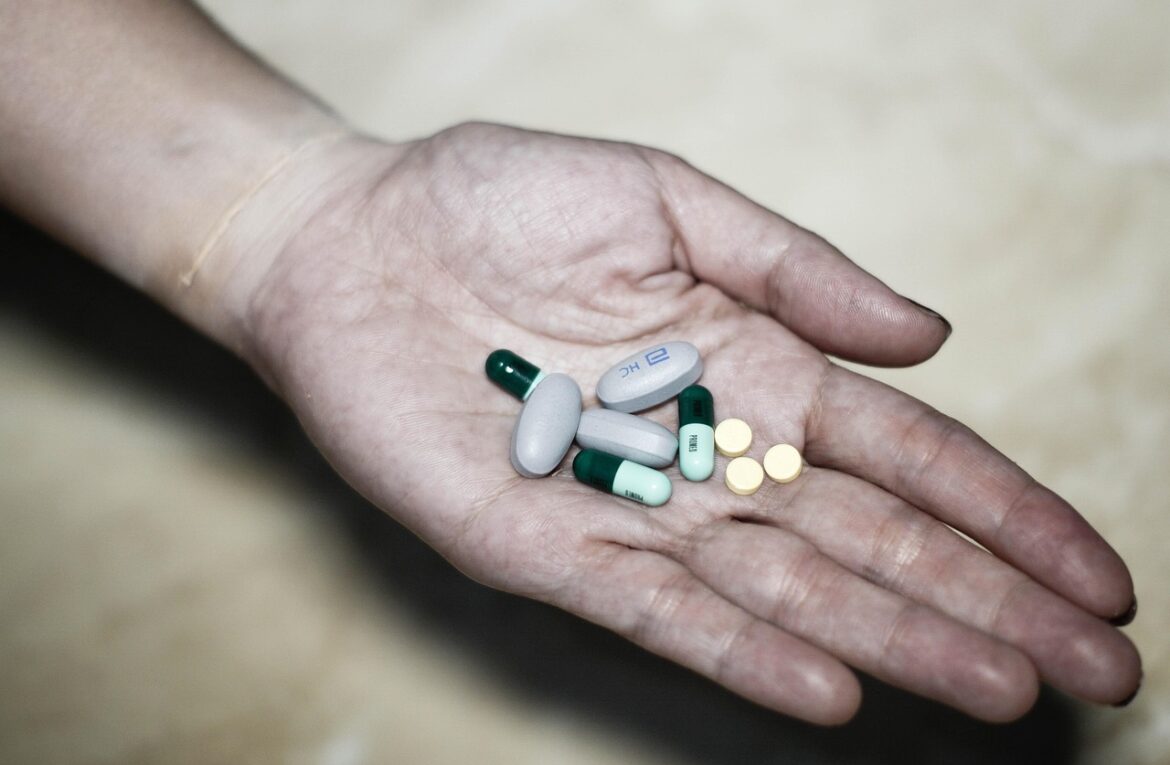WHO’s New Guidance: A Blueprint for Global Mental Health Reform
The World Health Organization (WHO) has launched groundbreaking guidance to transform mental health policies and systems worldwide. This comprehensive framework addresses critical gaps in access and quality of care, with up to 90% of people with severe mental health conditions receiving no treatment in some countries.
Key focus areas include:
• Protecting human rights and aligning services with international standards • Promoting holistic care encompassing lifestyle, physical, psychological, and social interventions • Addressing social determinants of mental health like employment and housing • Implementing prevention strategies and fostering population-wide well-being • Empowering individuals with lived experience to participate in policy planning
The guidance identifies five crucial reform areas: leadership and governance, service organization, workforce development, person-centered interventions, and tackling social and structural determinants of mental health.
AI-Powered Mental Health Chatbots: The Future of Accessible Support
Artificial intelligence is revolutionizing mental health care through advanced chatbots employing evidence-based psychological frameworks. These digital assistants offer 24/7 support, extending the reach of mental health services to underserved populations.
Key features include:
• Implementation of Cognitive Behavioral Therapy (CBT), Dialectical Behavior Therapy (DBT), and other proven approaches • Integration with traditional healthcare systems for seamless patient care • Multimodal capabilities combining conversation with visual analysis and biometric data • Personalized interventions tailored to individual needs and preferences
While promising, experts emphasize the importance of ethical implementation and clinical oversight to ensure responsible innovation in digital mental health care.
Microdosing Psychedelics: Hype or Hope for Mental Health Treatment?
The potential of microdosing psychedelics like LSD and psilocybin for mental health is gaining scientific attention. While research is still in early stages, proponents suggest benefits for mood, creativity, and cognitive flexibility.
Key points to consider:
• Microdosing involves taking sub-perceptual doses, typically 1/10th to 1/20th of a recreational dose • Early studies show minimal adverse physiological effects but potential increases in anxiety • Mechanisms of action involve subtle modulation of serotonin systems and neuroplasticity • Large-scale, placebo-controlled trials are needed to determine efficacy and safety
As regulatory attitudes shift, researchers are exploring applications beyond depression, including substance use disorders and end-of-life care. However, careful scientific evaluation is crucial before widespread adoption.
These emerging frameworks highlight the dynamic nature of mental health care in 2025. From policy reform to technological innovation and novel treatment modalities, the field is evolving to meet the growing global demand for accessible, effective mental health support.
References:
- https://callin.io/chatbot-for-mental-health/
- https://medinform.jmir.org/2025/1/e64617
- https://championnews.com.ng/2025/03/27/who-launches-guidance-framework-to-improve-mental-health-policies-globally/
- https://www.news-medical.net/health/Microdosing-for-Mental-Health-Hype-or-Hope.aspx
- https://www.who.int/news/item/25-03-2025-new-who-guidance-calls-for-urgent-transformation-of-mental-health-policies
- https://www.frontiersin.org/articles/10.3389/fpsyt.2025.1498006
- https://www.who.int/publications/i/item/9789240106833
- https://www.i-jmr.org/2025/1/e64826
- https://www.sciencedaily.com/news/health_medicine/mental_health/
- https://www.healthmanagement.com/insights/
- https://www.apa.org/monitor/2025/2025-03-monitor-revised.pdf
- https://psychiatryonline.org/doi/10.1176/appi.ajp.20240269
- https://www.morningstar.com/news/pr-newswire/20250328ph52596/elev8-health-launches-its-national-2025-thrive-tour-to-address-maternal-mortality-in-the-us
- https://www.tandfonline.com/doi/full/10.1080/15228835.2025.2479475?src=
- https://www.apa.org/monitor/2025/03
- https://www.researchprotocols.org/2025/1/e63338/



